MPs face lawsuit over water crisis
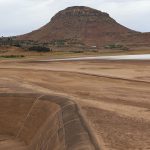
SHARE THIS PAGE!
The frustrated community of Mafeteng has threatened to institute a human rights lawsuit against three local MPs for their failure to address the district’s chronic water crisis.
The disgruntled residents say the legislators for Mafeteng constituency from the ruling Revolution for Prosperity (RFP), Moeketsi Motšoane, Qalabane, Dr Retšelisitsoe Matlanyane and proportional representation member for the main opposition, Democratic Congress (DC) Hlalele Letšaba, have failed to address the perennial crisis that has plagued the community for years.
A January 9, 2025 letter penned by constitutional and human rights lawyer, Advocate Fusi Sehapi, on behalf of the community, crystallised the gravity of the situation and the residents’ desperate need for the MPs to take immediate action.
In an interview with theReporter on Wednesday this week, Adv Sehapi said the impending court battle was brought about by the MPs’ silence in the face of the community’s urgent plea for help.
He said only Letšaba had responded informally while Matlanyane stated she was abroad and Motšoane failed to communicate with him at all.
“Due to their lack of cooperation, we have been forced to pursue legal action. We intend to file a human rights lawsuit against the MPs, with the date to be determined in due course,” Adv Sehapi said in a telephonic interview.
According to the residents, the water scarcity led to a host of other problems including jeopardised public health, disrupted daily routines, and a general decline in their well-being.
They implored their parliament representatives to partner with the people in a life-and-death battle to save their livelihoods, livestock, crops, and businesses.
“I challenge you humbly, individually and cumulatively as the representatives of the people in parliament to account openly as to what you are doing to sustain lives and secure water for the people of Mafeteng,” Adv Sehapi wrote.
He noted that as policy makers and representatives of the people, MPs have a legal duty to see to it that people’s rights are met.
The duty arises as a result of the enforceable social contract the people have with legislators following their positive response to the MP’s manifestos effectuated by casting votes in their favour.
Adv Sehapi highlighted that the right to life as entrenched in Section 5 of the Lesotho Constitution was central to the exercise of all other rights.
“The right to life is inseparably linked to the basic right to access adequate clean water supply. It cannot be gainsaid that without life, the voters would have not voted you to their representatives in the 11th parliament,” he stressed.
The residents will further petition the ministers of water and natural resources (Mohlomi Moleko), tourism and environment (Motlatsi Maqelepo), police, local government and chieftainship affairs (Lebona Lephema), Water and Sewage Company (WASCO), Rural Water Supply, Mafeteng district administrator, among others.
Among their petition requests, they seek the government to rehabilitate Tšakholo dam with earth moving machines and all other village dams by excavating them through community labour-intensive projects known as lifatofato.
They also want WASCO to rehabilitate, maintain and make proper and effective use of its water resources such as Rasebala dam, for the reliable supply of water to Mafeteng urban at a reasonable and affordable fee.
The residents further demand that the government drills water from underground and desist from drawing and piping water from natural springs, lakes, wetlands and any natural resources.
Recently, WASCO indicated the Rasebala Dam, commissioned in 1993 and upgraded in 2012 to meet growing demand, had suffered significant siltation, reducing its storage capacity to just 15 percent.
According to the company, the town’s water treatment plant, designed to produce 3.3 Mega litres per day (ML/D), currently delivers only 1.8 ML/D, well below the town’s demand.
“Additional challenges include dwindling water levels in supplementary dams, Luma and Raleting, which were commissioned during a severe drought in 2015 as temporary relief measures,” WASCO said.
For his part, Letšaba said the duty to secure access to water fell squarely on the shoulders of the ruling party, as they held the power to make meaningful change.
He highlighted his limited ability to act, given his role as an opposition member and the constraints that came with it.
“Even if I had the financial means to address this issue, I could not do so without authorisation from the government. My capacity as an opposition MP is restricted.
“Councils or the government must take responsibility for this situation. Despite my best efforts to pressure the government into, they have not acted to their promises,” Letšaba noted.
Repeated attempts to contact Motšoane and Matlanyane for comment proved futile with both MPs’ phones going unanswered.
Meanwhile, non-governmental organisations such as SECTION 2 and Policy Environmental Justice and Water Resources Advocacy (PEWA) shared solidarity with the Mafeteng community.
PEWA’s director and founder, Lenka Thamae, on Wednesday emphasised the vital nature of water and sanitation as a fundamental human right.
“Water and a human being are one and the same, essential and inseparable,” he declared in a letter addressed to minister of natural resources, Moleko.
Thamae stressed that given the widespread poverty and hunger plaguing Lesotho, the additional cost of purchasing water amounts would be yet another burden to the community.
He further underscored the UN’s declaration that water is a human right, noting access to clean water was not a luxury but a necessity for survival and one that should be provided without cost.
However, in his response in a letter dated January 7, 2025, Moleko indicated that given the economic status of the country it was premature for the government to make such a constitutional pronouncement.
He stated that Lesotho faces a plethora of competing needs such as education, health, infrastructure development, which all have to be met simultaneously to advance socio-economic development.
“The government through the ministry of natural resources will however, continue to work relentlessly towards the achievement of universal access to water and sanitation for all citizens within the available means and in collaboration with all stakeholders and advocacy groups,” Moleko wrote.

Agency to host fashion week
a day ago
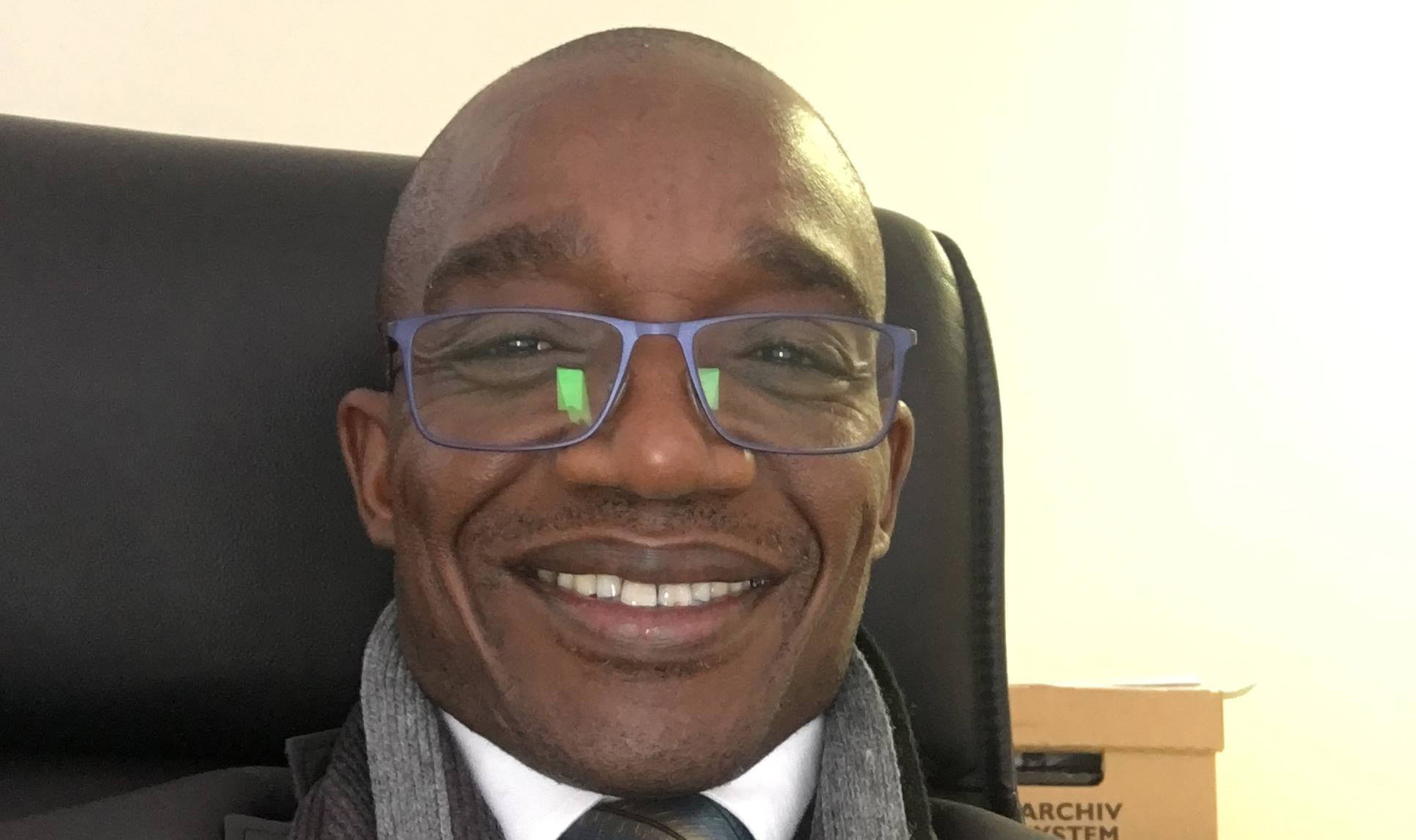
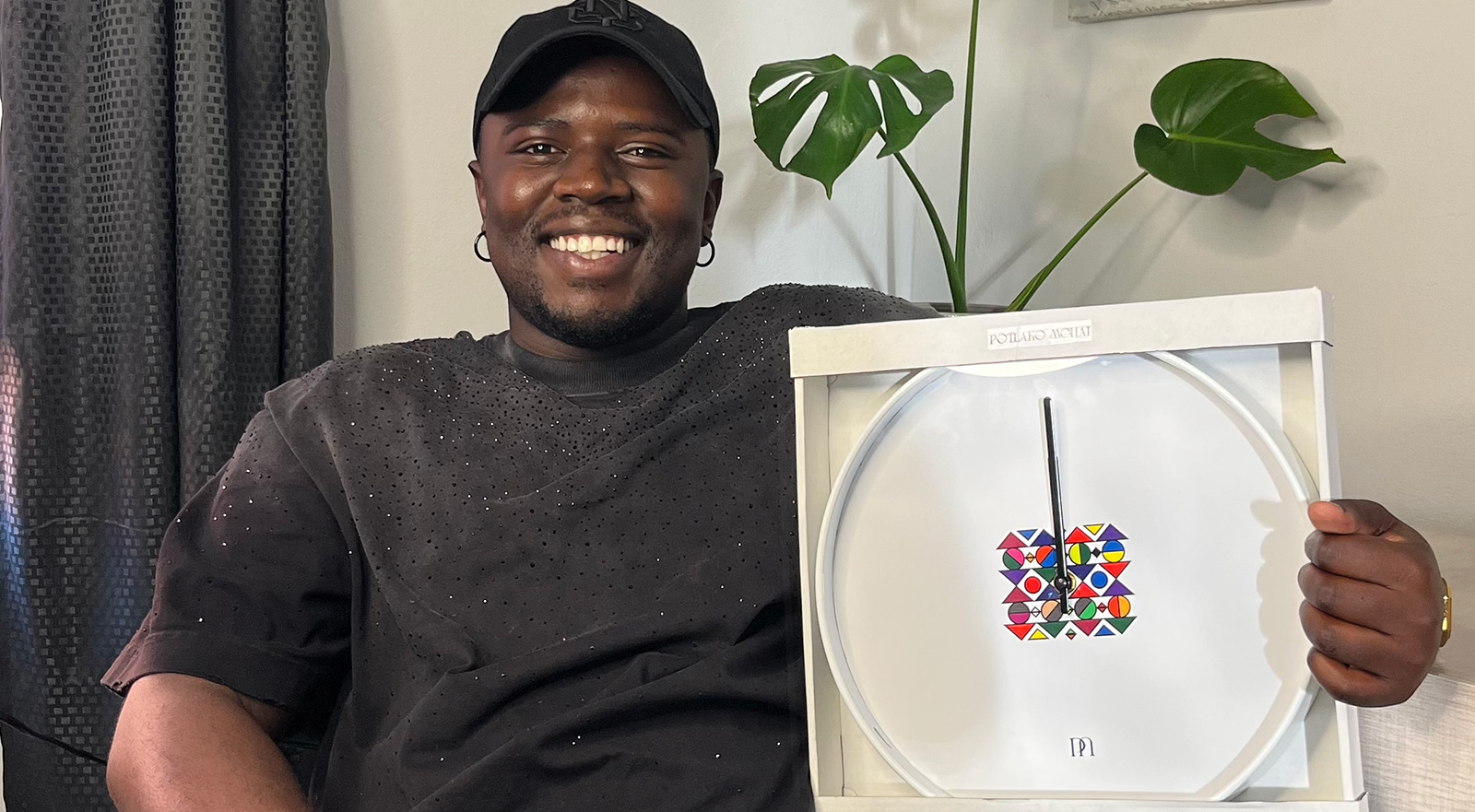

Ha Pita women found guilty of assault
4 days ago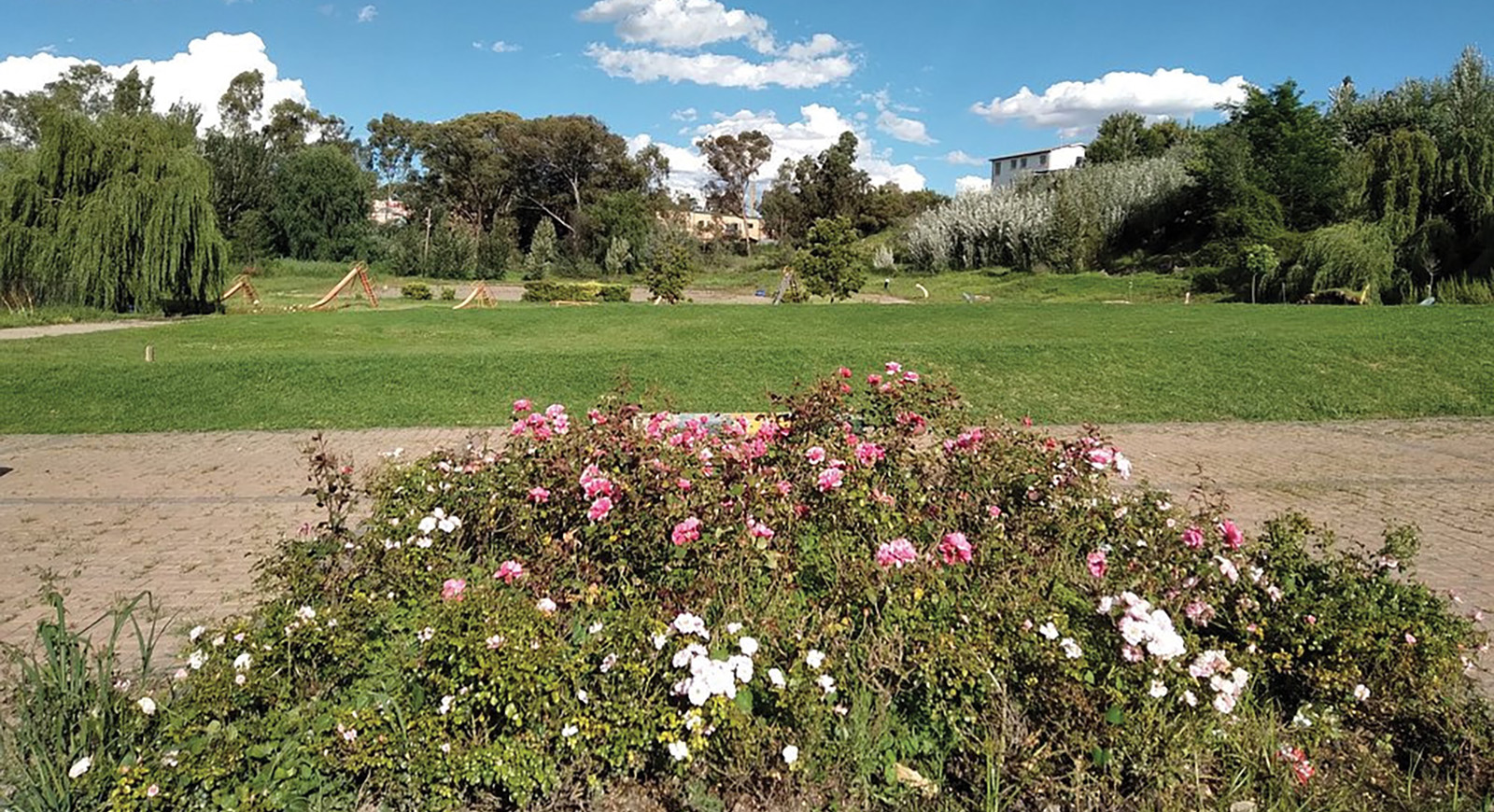
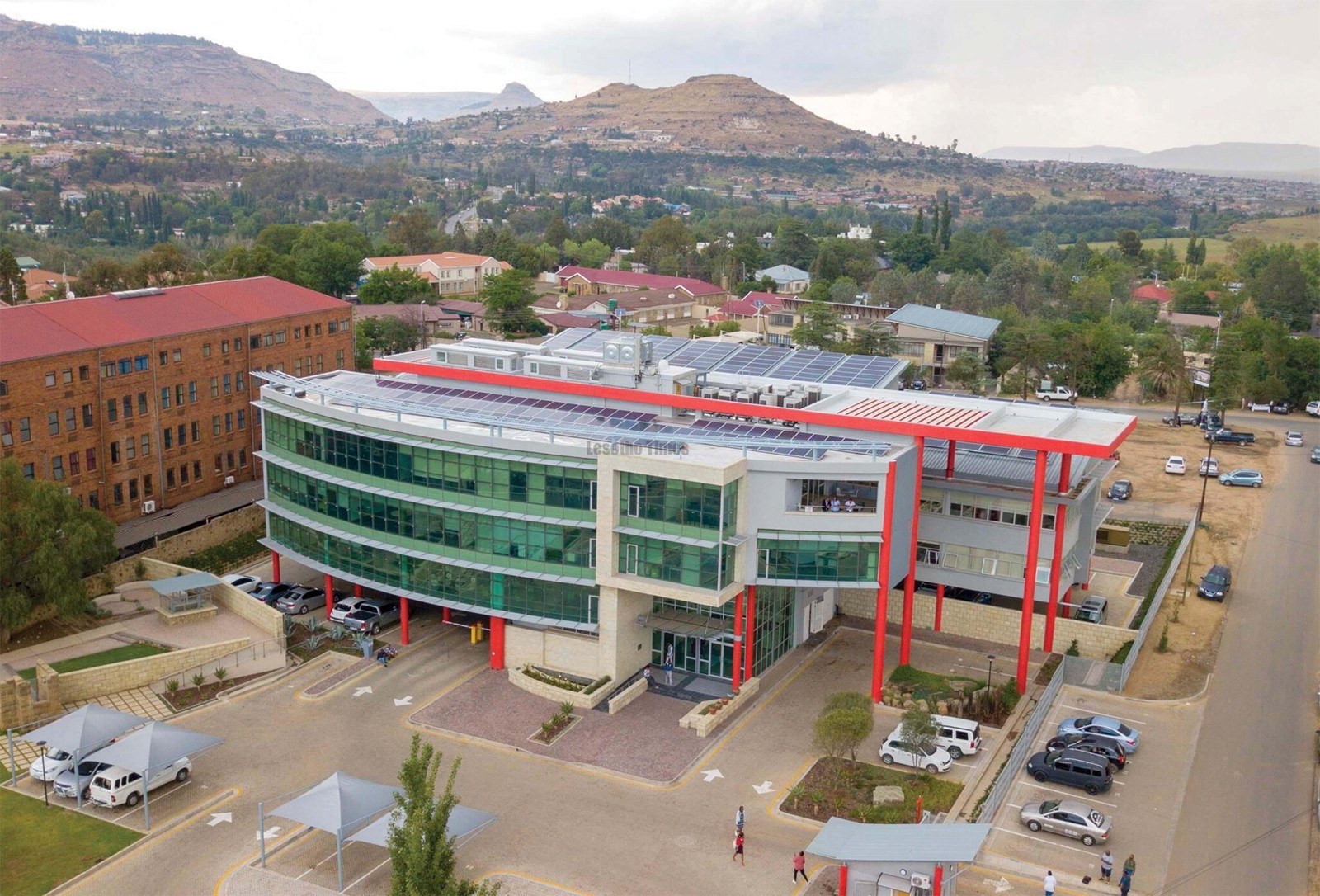
Vodacom named Africa’s top employer
4 days ago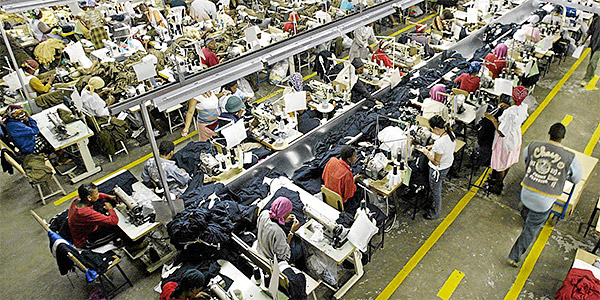
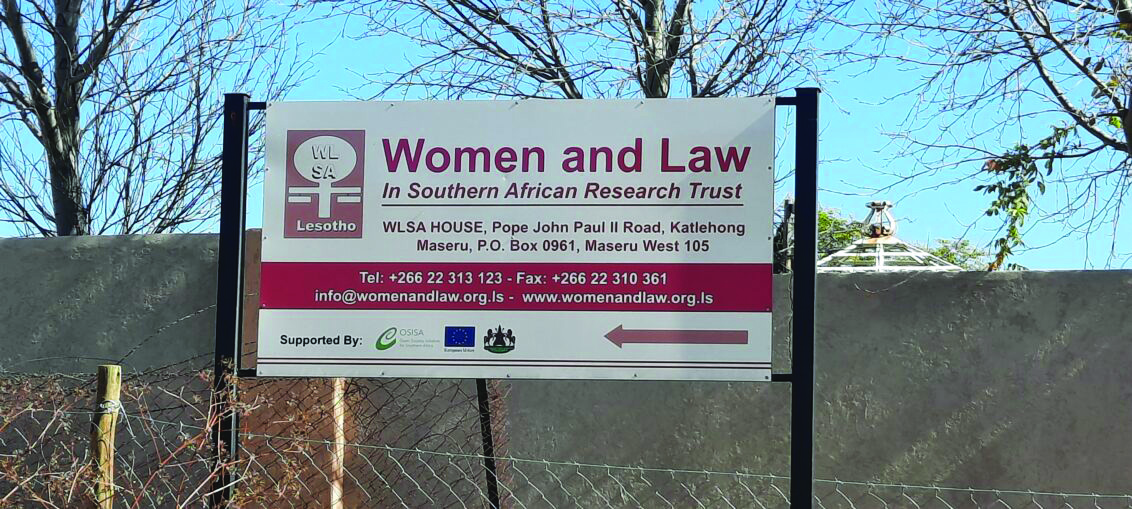
NGOs take on Law Society
4 days ago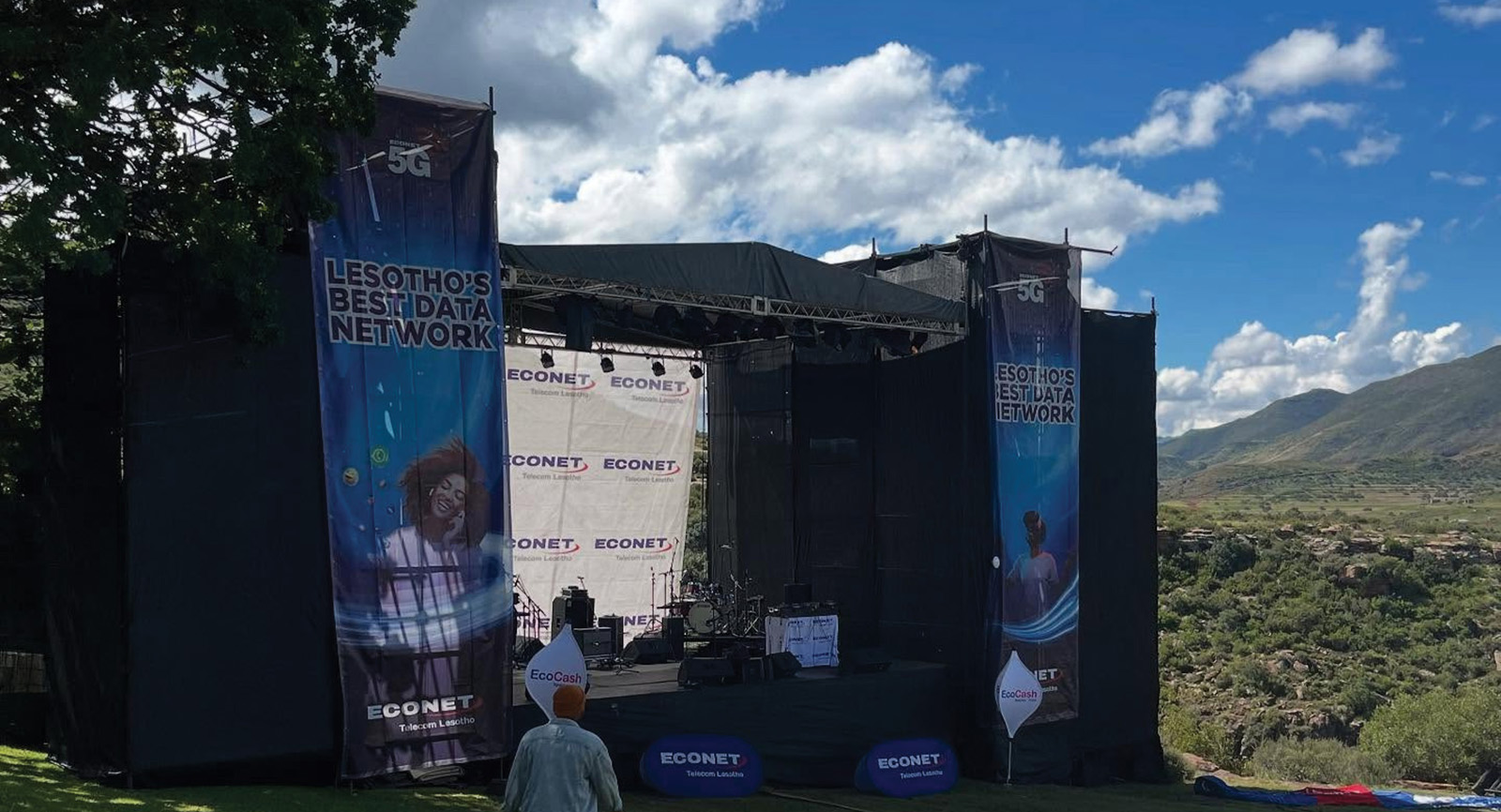
M1.7m boost for Econet APICA
4 days ago